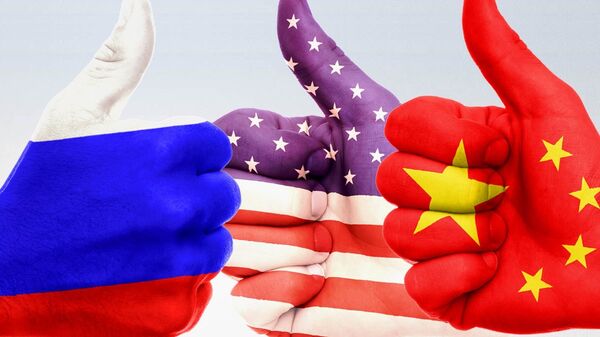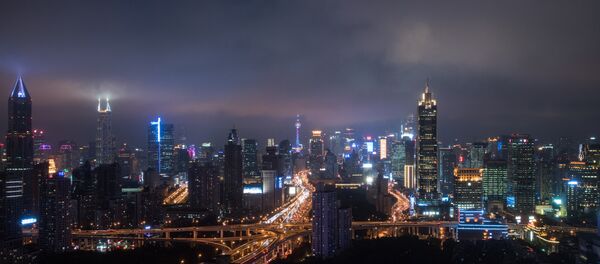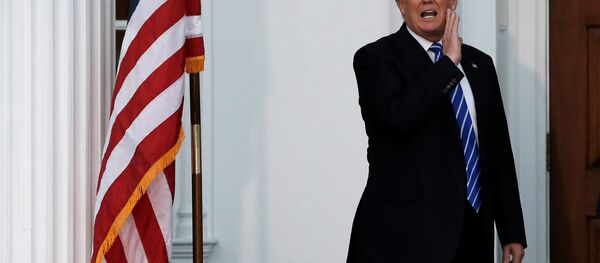"Russia is no longer a communist state, first of all, and it is very important to realize," Brzezinski told his daughter Mika Brzezinski, co-host of MSNBC "Morning Joe" show, on Wednesday.
The political scientist however noted that Russia "has not yet defined itself however effectively as a democracy, it is still uncertain, it has a lot of resentment, including against the United States, it is a country in transition.
The US, he claimed, can "help Russia to transit effectively and then become a constructive significant member of the global community, one of the top three: the United States, China, and Russia."
Trump has often been criticized for his praise of Russian President Vladimir Putin, but Brzezinski said it's important to make all efforts, but do so "calmly and patiently, knowing what is at stake."
"The US role in the world, even if not dominant in a simplistic fashion is still preeminent," he explained.
"America is needed to pull together some larger coalition that can deal with global problems. And in that larger coalition America, China and changing Russia could be preeminent," he stated.
Commenting on the above remarks, Russian online newspaper Vzglyad has suggested what lies behind the US urge for a new triangle, similar to that of the US, UK and Russia which defined the global world order in the Russian resort of Yalta back in 1945.
Yalta 2.0 pic.twitter.com/v7sDLZuf65
— Gilles Zimmermann (@gilleszimmerman) 20 ноября 2016 г.
"Brzezinski, in fact is suggesting the creation of a new "big three", however with the reservation that Russia should make a transition towards democracy," the website says.
The reservation is furthermore interesting, it says, that he does not make any reference to China, even though it is only too clear that from the point of view of the "American standard", China stands further away from "democracy" than Russia.
The newspaper further offers its solution to such a bias.
"China is so strong economically that there is no need to put any conditions on its place amongst the "big three," it says.
"Russia however in the eyes of Brzezinski and the major part of the western elite still remains weak. The reinterpretation of Moscow's role and place in the world is not yet complete yet even though such a wrong appraisal of Russia's geopolitical role and its economic weight has failed the economic blockade of Moscow," it adds.
In other words, to prevent an opportunity (which however has long become a reality) of a Sino-Russian alliance.
This alliance, it notes, started to cement back in 2012-2013, but the US then "overslept" it and then contributed to its strengthening.
The outlet however states that Moscow and Beijing won't abandon the course on strengthening of strategic partnership between their countries. And even though Russia might improve its relationship with the US, it won't become as close as the one with China.




